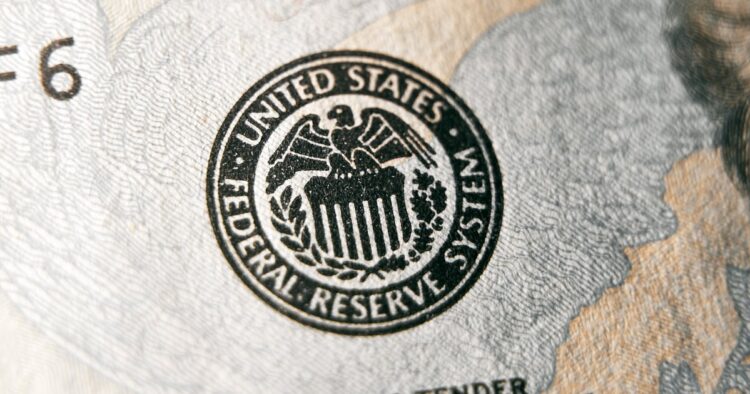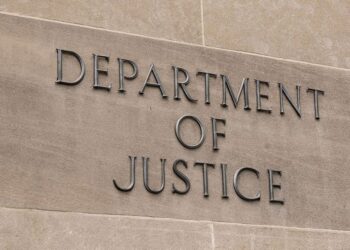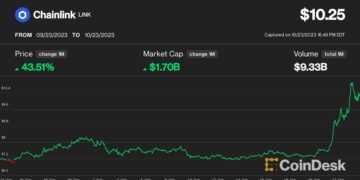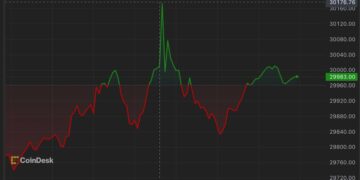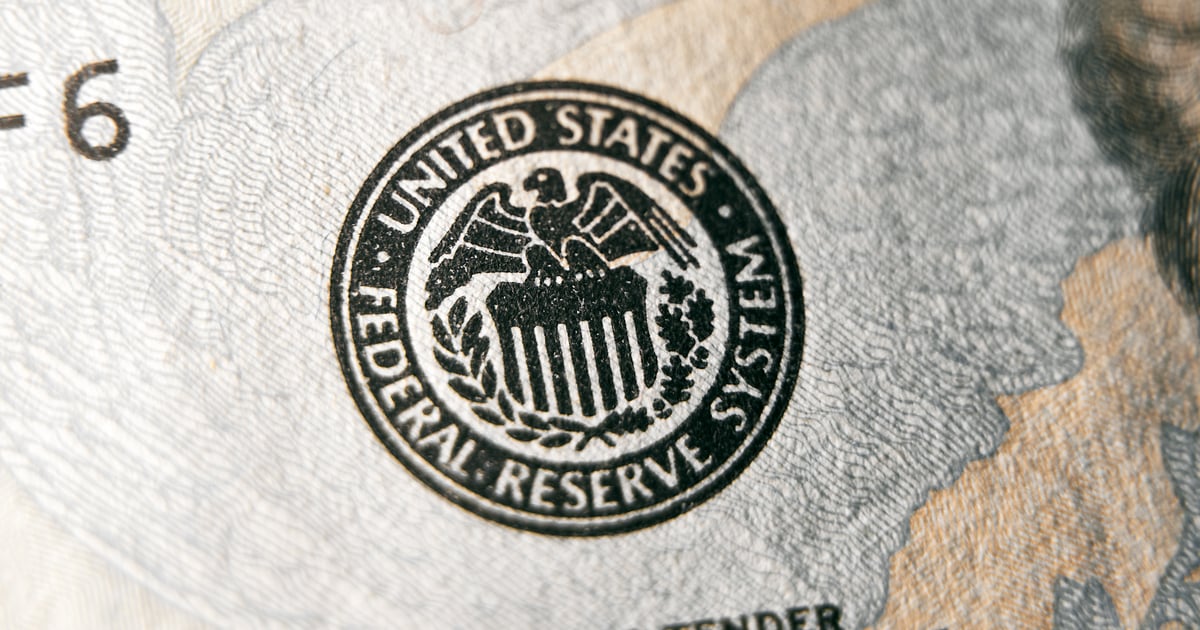
Despite public reassurances about the robustness of the U.S. economy, the Federal Reserve is preparing to downsize its workforce, according to Reuters. The central bank has confirmed plans to eliminate approximately 300 positions by the end of this year. This decision marks the institution’s first notable personnel reduction since 2010. Currently, the Federal Reserve system, which consists of 12 regional reserve banks, employs around 21,000 individuals.
Although the exact number of layoffs has not been specified, the majority of the reductions will target support roles. This includes specific technology positions that are now considered superfluous.
Interestingly, while this move has garnered attention, job cuts at the Federal Reserve are not unprecedented in its history. According to a Reuters report, the U.S. Federal Reserve system had previously made similar reductions, emphasizing the rarity but not the novelty of such decisions.
Federal Reserve Chair Jerome Powell recently voiced his surprise at the resilience of the U.S. economy in the face of rising inflation and interest rates. “Economic activity has been stronger than we expected, stronger than I think everyone expected,” Powell stated in a press conference following the central bank’s most recent monetary policy meeting. Reflecting this sentiment, Fed officials have adjusted their economic growth forecasts upwards and project a decline in unemployment rates.
However, Powell also recognized the inherent challenges in curbing inflation to sustainable levels. He hinted that achieving this might require a “softening” in the job market. While Powell is optimistic about the possibility of a “soft landing” — a situation where inflation is managed without inducing a recession — he also warned that such an outcome could be influenced by external factors beyond the Fed’s control.
Overview of the Federal Reserve’s History
Established in 1913 by an act of Congress, the Federal Reserve System, commonly known as the Fed, serves as the central bank of the United States. Its primary mission was to stabilize the American banking system. Over its century-long existence, the Fed has navigated through various economic challenges, from the Great Depression to the Great Financial Crisis and the recent COVID-19 pandemic. The institution has evolved, adapting to changing economic landscapes and implementing policies to ensure financial stability and economic growth. This website offers a comprehensive look into the Fed’s history, detailing its key events, policy actions, and the influential figures that have shaped its trajectory. The Fed’s journey reflects its commitment to safeguarding the nation’s financial health, ensuring the flow of money and credit, and responding to economic challenges with informed decisions.
Image source: Shutterstock Read The Original Article on Blockchain.News
